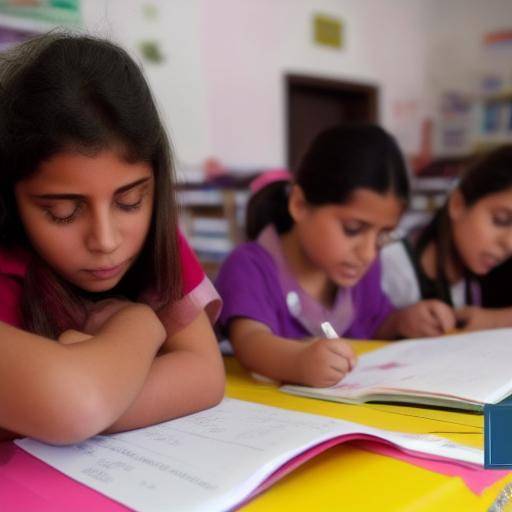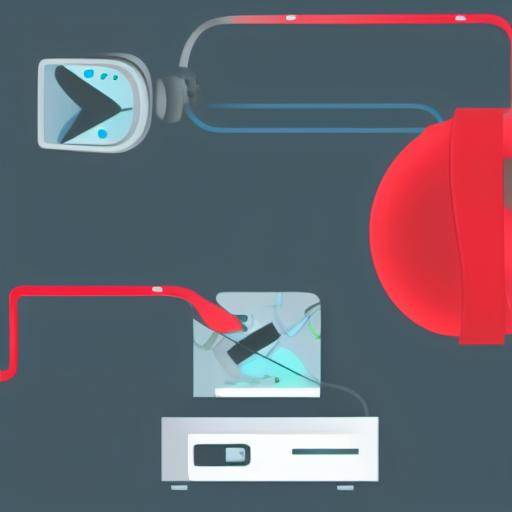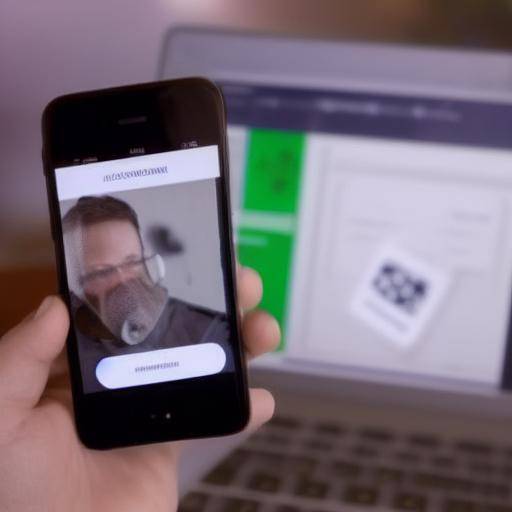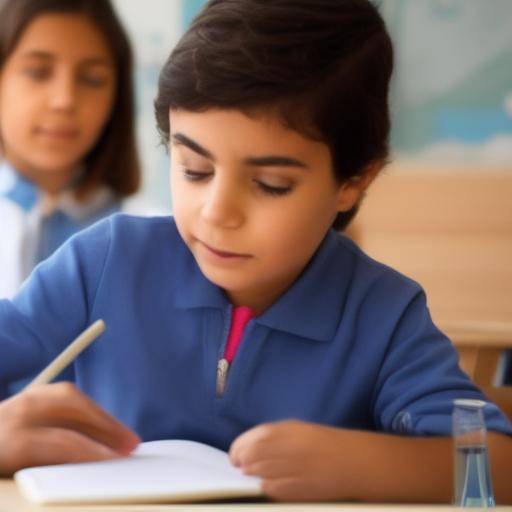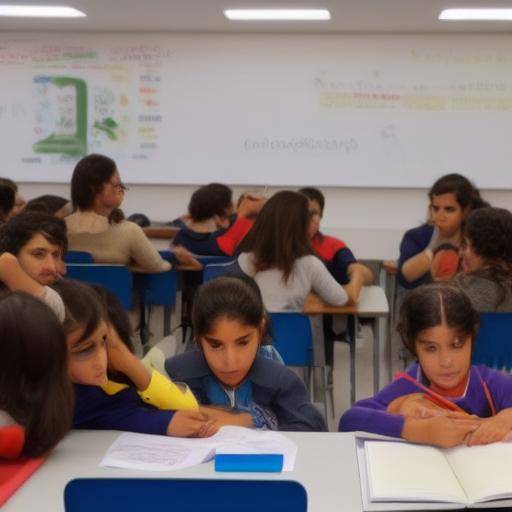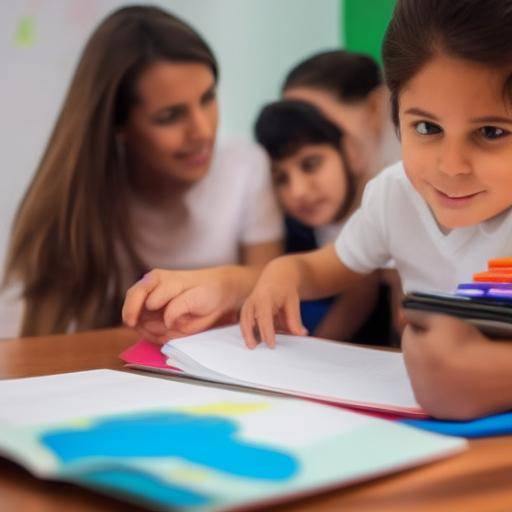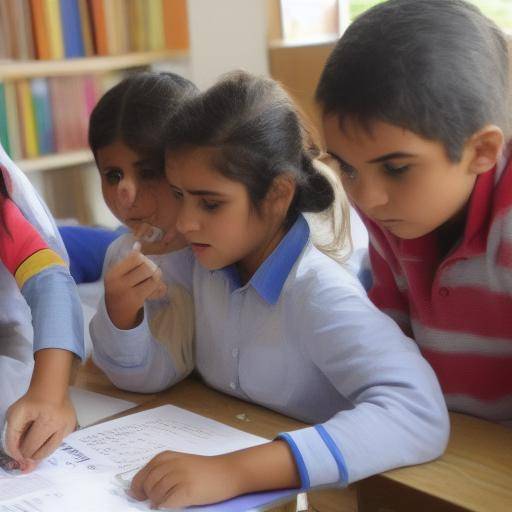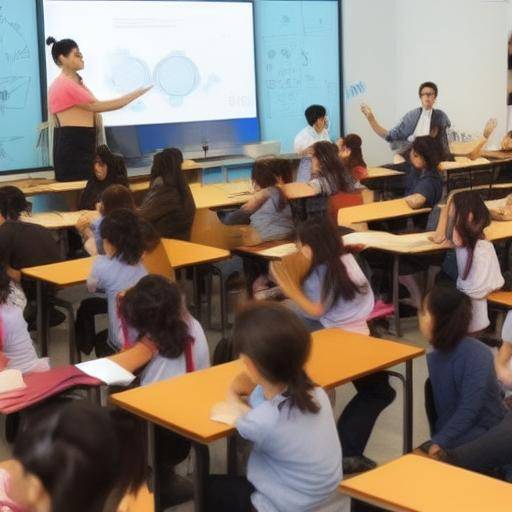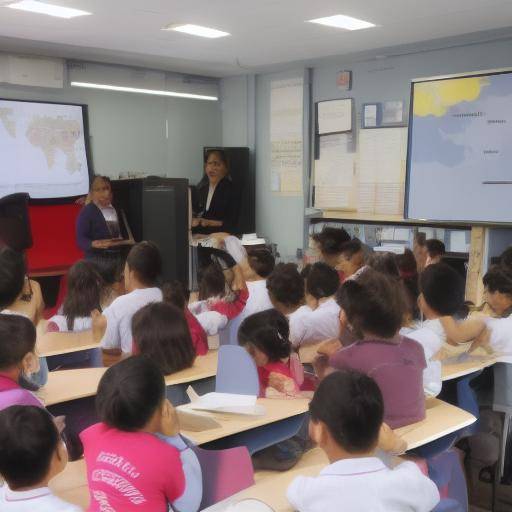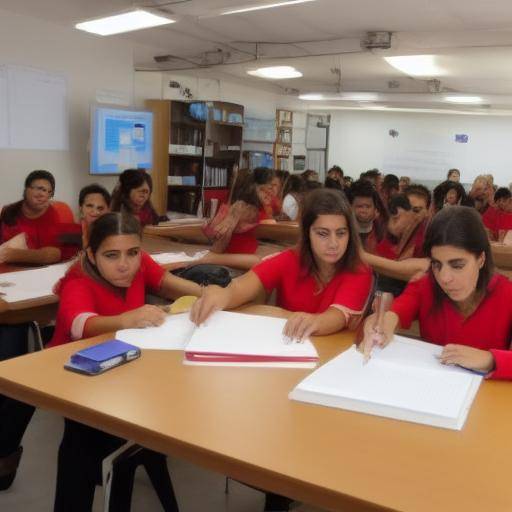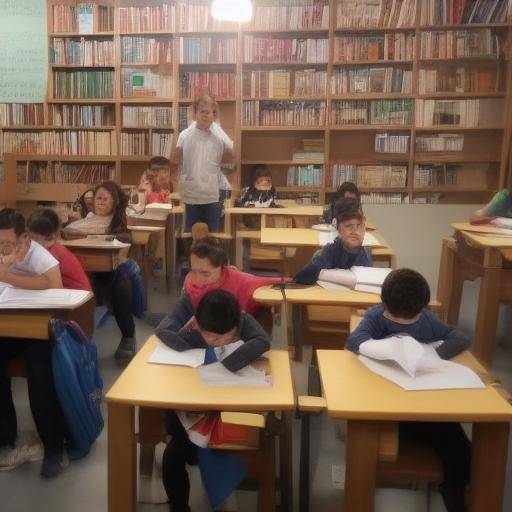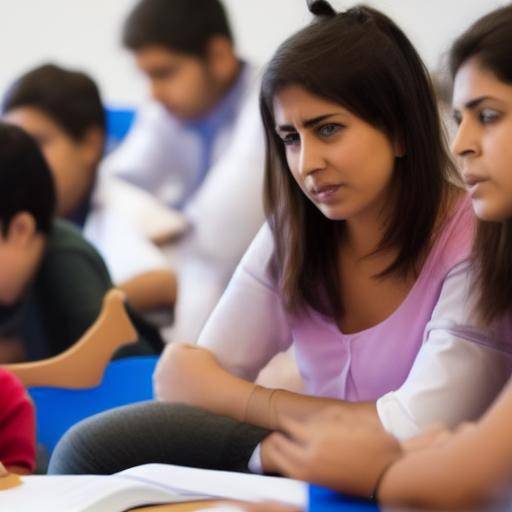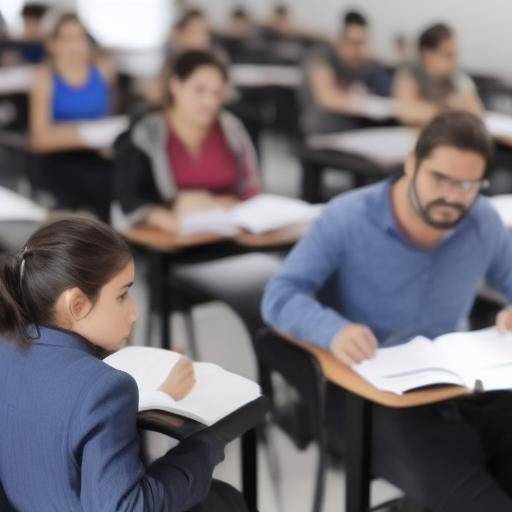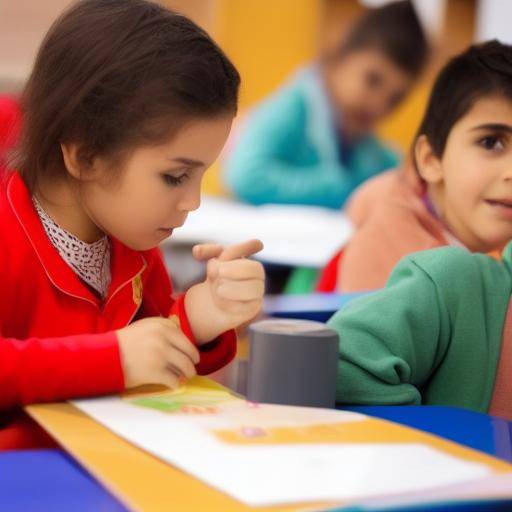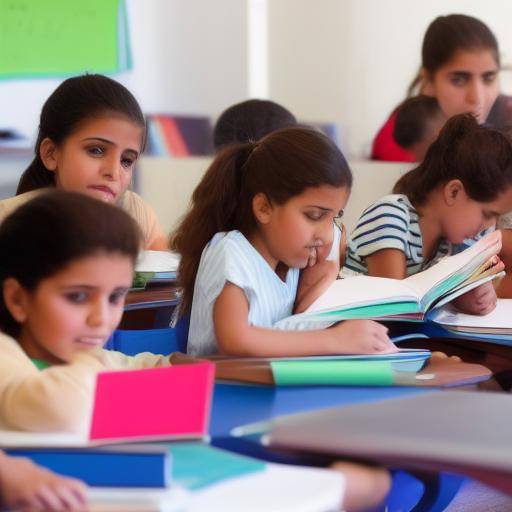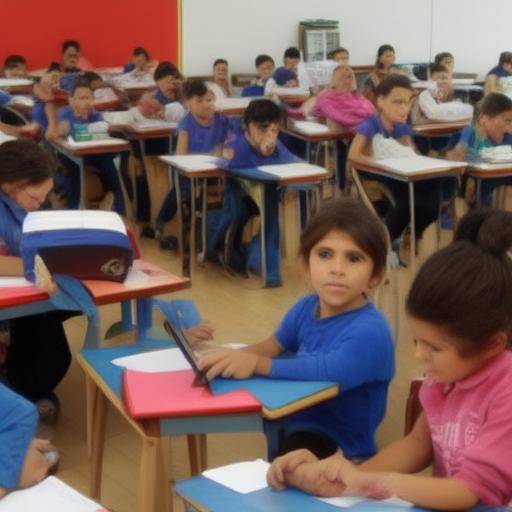
Education is a fundamental pillar in the development of individuals and society as a whole. The way knowledge is transmitted and learning is encouraged can make a difference in people's intellectual, emotional and social growth. In this context, active listening plays a crucial role, as it is not just about hearing what is said, but about understanding, interpreting and responding in a reflective manner. In this article, we will thoroughly explore the importance of active listening in education and learning, as well as its impact on the cognitive development of individuals.
Introduction
Active listening is a fundamental skill in effective communication. In the educational context, it implies not only paying attention to what the teacher says, but understanding it, asking questions, reflecting and participating proactively in the learning process. This type of listening promotes empathy, deep understanding and the construction of meaning in educational interactions. In this article, we will explore how active listening enriches the educational experience and its role in cognitive development.
History and Background
Active listening has been recognized as a crucial skill since time immemorial. Philosophers, educators and thinkers throughout history have highlighted the importance of this practice in learning and transmitting knowledge. From Socrates' teachings in Ancient Greece to contemporary theories on active education, listening has been valued as an essential component in the teaching-learning process.
Modern pedagogical approaches have embraced the importance of the active participation of students in the classroom, recognizing that attentive and reflective listening is essential for meaningful learning. At present, with the advent of new technologies and innovative educational approaches, active listening is increasingly considered relevant in the context of education.
Deep analysis
Active listening in the educational context not only involves passive reception of information, but an active process of understanding, analysis and response by the student. Recent research has shown that this ability is fundamental to the cognitive development of individuals, as it promotes the synthesis of information, critical thinking and problem solving.
In addition, active listening encourages equal participation in the classroom, allowing all students to have the opportunity to express their ideas, raise questions and collaborate in the learning process. This inclusive approach not only enriches the educational experience, but also fosters the development of social and emotional skills that are fundamental to the overall growth of students.
Comprehensive review
The practical application of active listening in educational environments has shown significant impacts on students' commitment, knowledge retention and communication skills development. Teachers who encourage active listening create an enabling environment for dialogue, constructive debate and exploration of different perspectives, thus enriching the educational experience.
In addition, active listening contributes to the improvement of student self-esteem and confidence by feeling valued and heard in the classroom. This positive assessment of the individual directly influences their motivation and academic performance, which results in a positive impact on their cognitive development.
Comparative analysis
By comparing active listening to other educational and communication approaches in the educational field, their ability to generate an enriching and dynamic learning environment is evident. Unlike more traditional approaches where communication is unidirectional, active listening promotes meaningful interaction, exchange of ideas and critical thinking, thus promoting the intellectual and emotional growth of students.
Practical Tips and Accessible Recommendations
If you are a teacher interested in promoting active listening in your classroom, here are some practical tips:
- It promotes an atmosphere of trust and respect where students feel safe to express their ideas.
- Conducts activities that require active listening, such as debates, group discussions or presentations.
- It promotes reflexive questions that promote the active participation of students.
- Provide effective feedback that demonstrates that you have actively listened to the contributions of your students.
Industry Perspectives and Expert Reviews
According to renowned educator John Dewey, "Education is not preparation for life; education is life itself." This quote highlights the importance of active listening in the educational process, where the exchange of ideas and deep understanding are fundamental to the integral development of individuals. Education experts agree that active listening not only enriches the educational experience, but prepares students to face the challenges of an increasingly interconnected and diverse world.
Case Studies and Practical Applications
A study conducted at the school level showed that the implementation of active listening strategies not only improved the academic performance of students, but also strengthened interpersonal relationships, fostering a more harmonious and collaborative school climate. In the corporate context, companies that incorporate active listening practices report higher levels of employee satisfaction, better decision-making and a more productive working environment.
Future Trends and Predictions
As education evolves to meet the demands of a constantly changing society, active listening is expected to play an increasingly relevant role in the design of educational programs and pedagogical approaches. The integration of technology, experiential learning and student-centred education will require an approach that values active participation and deep understanding as fundamental pillars of the educational process.
Conclusion
In conclusion, active listening is an essential skill that not only enriches the educational experience, but contributes significantly to the cognitive, emotional and social development of individuals. By fostering an environment of dialogue, understanding and participation, active listening creates the conditions for meaningful learning and for the integral growth of students.
Frequently asked questions
1. How can active listening be encouraged in children from early age?
Fostering active listening in children from an early age can be done through interactive games, shared readings and activities that require attention and understanding.
2. What is the impact of active listening on language development?
Active listening contributes to the development of language by promoting hearing comprehension, expanding vocabulary and

